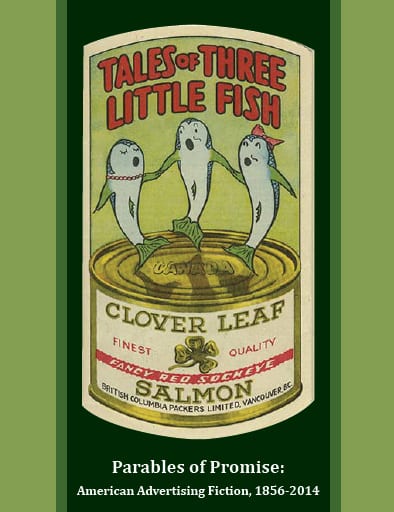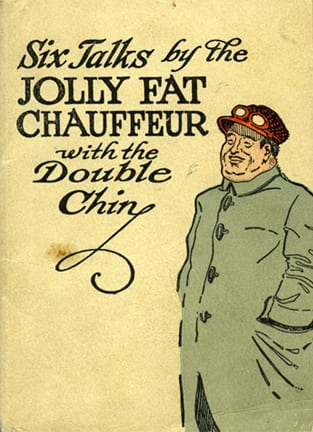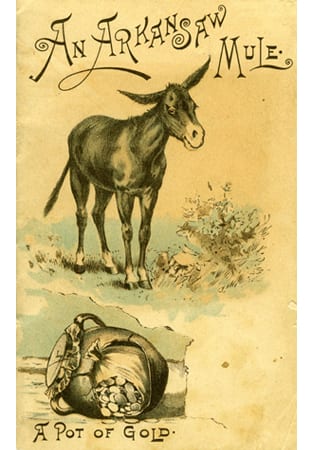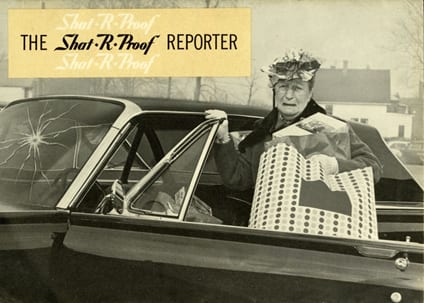Parables of Promise: American Advertising Fiction, 1856-2014
 DeGolyer Library Exhibit
DeGolyer Library Exhibit
About the exhibit:
One could say that a piece of fiction is always selling something, such as a political idea, a belief of how the world operates or how people (especially men and women) interact, or the promotion of religious or philosophical ideas. So it is not surprising that fiction—simply put, a non-true or non-realistic story—has also been used to sell material goods, whether plows, windows, patent medicines, cereals, the telephone, bicycles, railroad travel, or insurance, to name a few topics found in this exhibit. American companies and their advertisers have long exploited the medium. The golden age of the genre was roughly 1890-1930, but, as our exhibit shows, examples exist to the present day. We think our show breaks new ground (“Father, have you ever tried any other chilled plows besides the Oliver?”) and we encourage you to be the first to see these long-neglected but culturally important pamphlets from the past.
Dates: March 27 – May 30, 2014
Time: 8:30 am – 5:00 pm
Place: DeGolyer Library
Examples from the Exhibit
Brief tale of Billy Brown Leghorn and Dolly Dominique, two chickens who elope. After the ceremony, the newlyweds settle down in their own coop, but then Dolly becomes ill. Fortunately, Dr. Duck (who is a quack!) prescribes Dr. Hess’s Poultry Pan-a-ce-a as well as a can of Instant Louse Killer.
 6 Talks by the Jolly Fat Chauffeur with the Double Chin
6 Talks by the Jolly Fat Chauffeur with the Double Chin
The Chauffeur—the “Original Carburetor Kid” as he calls himself—pontificates about Ford motorcars to anyone who will listen. “’A’ford a Ford? Why, Goldielocks, take it from Your Uncle Dud, you can’t afford anything else and keep it running.”
 The Oakland Fours, Sixes, Eights
The Oakland Fours, Sixes, Eights
Attractive little booklet, with the main feature actually being a 12-page story entitled, How Charlie and Mary Decided. That is, how Charlie and Mary Sumners decided to purchase a new Oakland after they had exited the auto show. As Charlie explained to a friend: “Tom, we’ve been studying automobile catalogues for the past week, and Mary and I have wandered through this labyrinth of buzz-wagons till we’re dog tired”.
Story about a mule named “Moses” and an Oliver Patent Chilled Plow and how the pair unearthed a pot of gold that had been buried in Madison County, Tennessee during the Civil War. The piece claims to be a true story. Romaine (American Trade Catalogues) cites other catalogues under the product name, Oliver Chilled Plow Works [the Company was also known as the South Bend Chilled Plow Co.].
Part of the tale is told throughout a sequence of captioned photos of an elderly woman who has a cracked window-shield, and how she is helped by a dapper tie-wearing mechanic who provides her with a new window and the Shat-R-Proof Guarantee.


